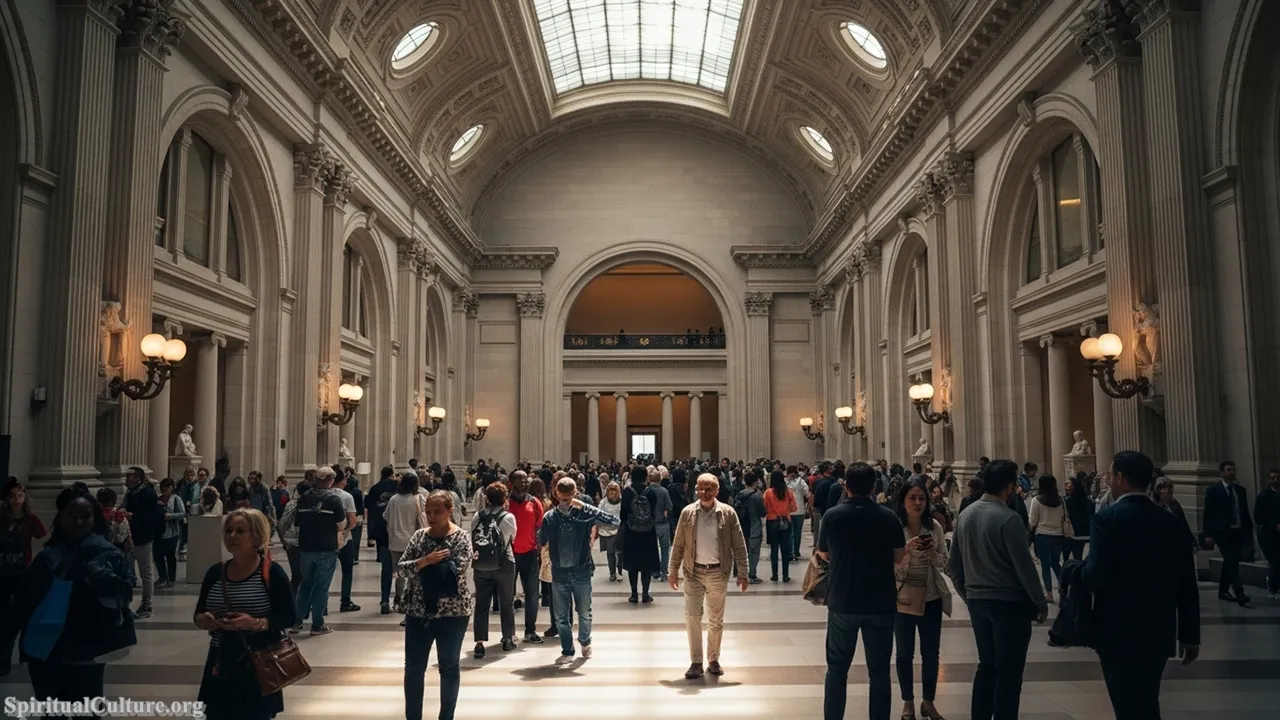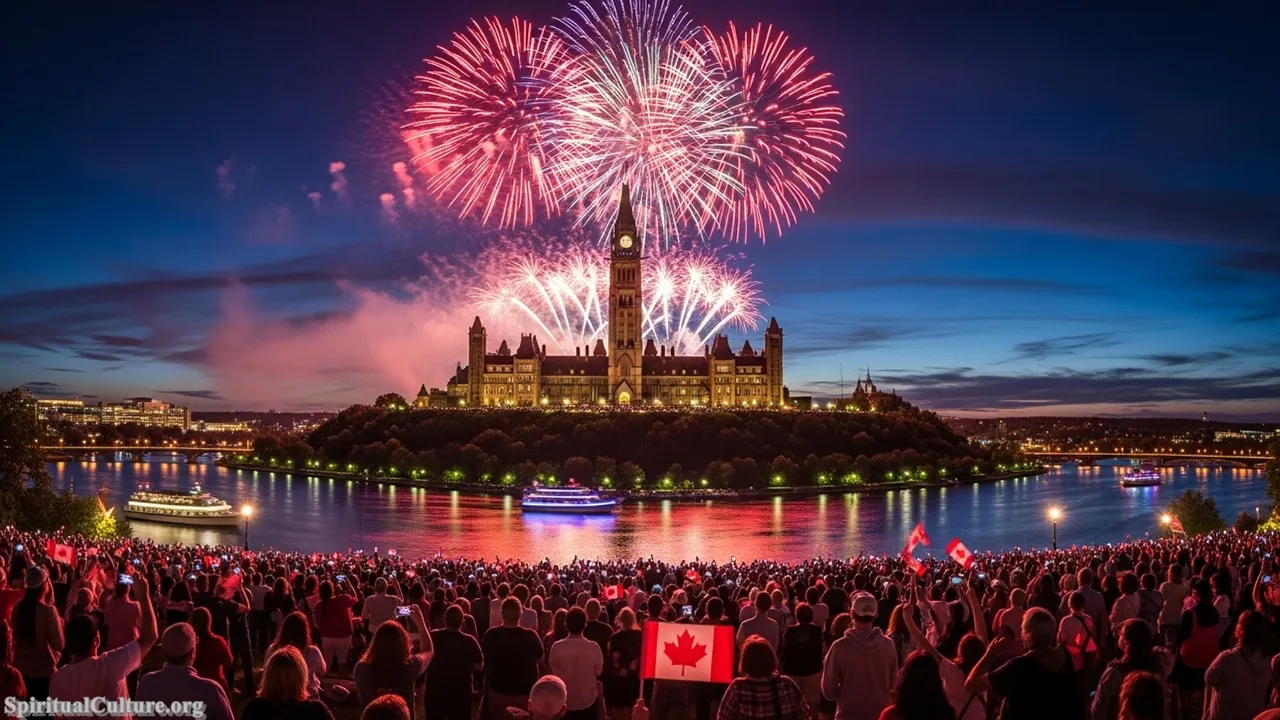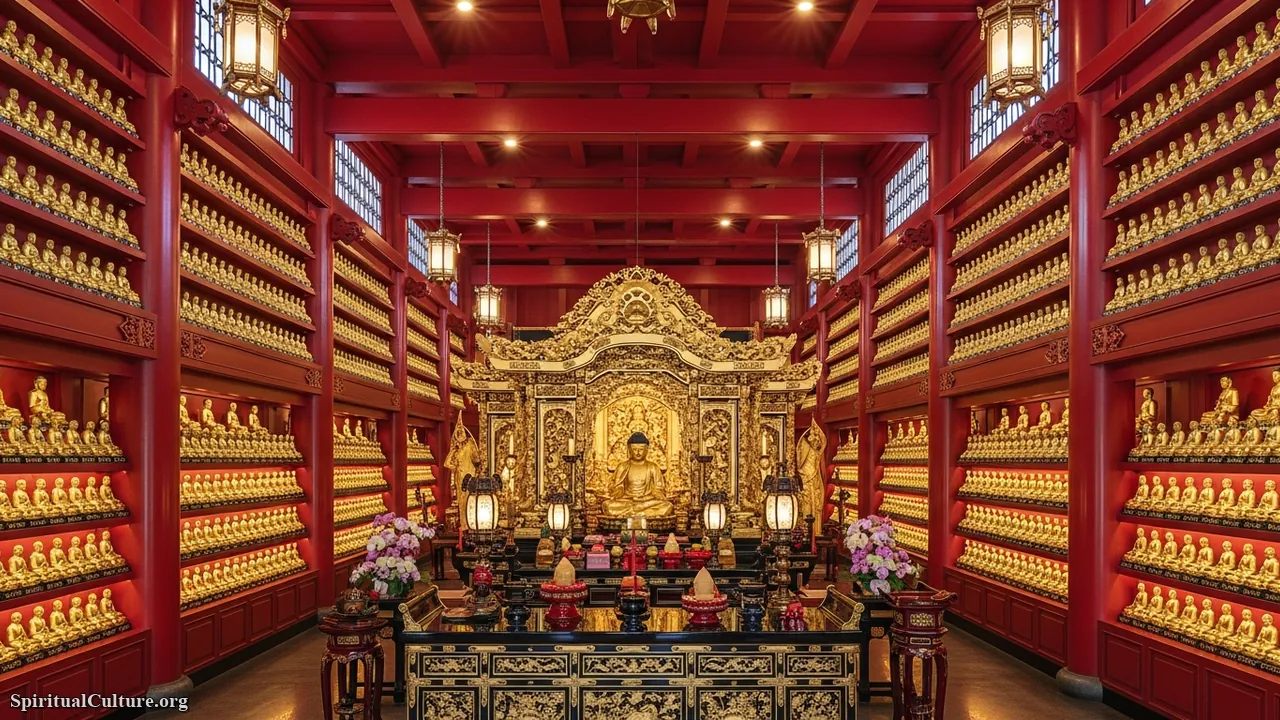Palestinian culture is a blend of Arab, Mediterranean, and Western influences, reflected in the country’s art, music, literature, cuisine, and traditional customs.
The Palestinian people have a long history dating back to ancient times. Their culture has been shaped by their interactions with neighboring cultures and their experiences under various empires and occupations. Palestinian culture is closely tied to the Arabic language, which is spoken by the majority of Palestinians, and Islam, which is the dominant religion in Palestine.
Palestinian art is an important part of the country’s culture, including various forms, such as painting, sculpture, ceramics, and embroidery.
Palestinian folk music is also an important part of the country’s cultural heritage, characterized by its use of traditional instruments such as the oud, darbuka, and qanun.
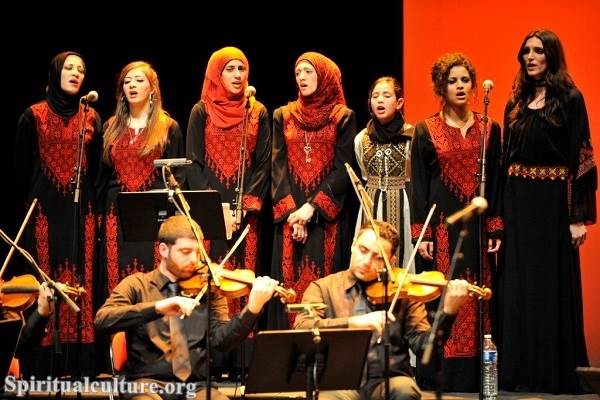
Palestinian literature is also rich and diverse, including works in both Arabic and English.
Palestinian cuisine is another important aspect of Palestinian culture. It is characterized by its use of fresh, locally grown ingredients such as olive oil, tomatoes, cucumbers, and various spices. Palestinian cuisine also includes a variety of traditional dishes such as hummus, falafel, shakshuka, and shawarma.

Palestinian culture is deeply rooted in the country’s long history, and various cultures and civilizations have influenced it over the centuries. Some key historical influences on Palestinian culture include the Ottoman Empire, the British Mandate, and the various empires and civilizations that have inhabited the region throughout history.
Palestinian folk dance is an important part of the country’s cultural heritage and a popular form of entertainment at weddings and other traditional celebrations. Palestinian folk dance is characterized by its use of traditional music and costume, often performed in groups.
Palestinian culture is also characterized by its strong sense of community and family ties. Palestinian families are typically large and extended, and they strongly emphasize the importance of family relationships. Palestinian culture also values hospitality, and it is common for people to invite guests into their homes and offer them food and drink.
Palestinian culture is also deeply intertwined with the country’s natural environment, which is reflected in many aspects of the culture, including Palestinian cuisine, which uses locally grown ingredients. Palestinian culture also strongly emphasizes the importance of preserving the natural environment and protecting the country’s natural resources.
Palestinian culture is also deeply connected to the country’s religious traditions, which are reflected in many aspects of the culture, including art, music, literature, and traditional customs. Islam is the dominant religion in Palestine and plays a central role in Palestinian culture and daily life.
Palestinian handicrafts are an important part of the country’s cultural heritage, including various traditional crafts such as embroidery, ceramics, weaving, and woodworking. Palestinian handicrafts are often produced using traditional techniques and materials and are an important source of income for many Palestinian families.
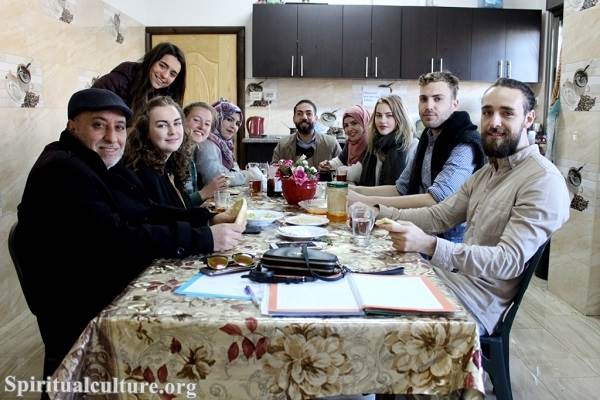
Palestinian culture is also characterized by its strong sense of national identity, and this is reflected in many aspects of the culture, including art, literature, and music. Palestinian cultural traditions often center around resistance, resilience, and national pride and are used to celebrate the country’s history and heritage.
Palestinian culture is also shaped by the country’s geopolitical situation, which has significantly impacted the development of Palestinian culture over the years. The Israeli-Palestinian conflict, in particular, has profoundly affected Palestinian culture and shaped many aspects of the culture, including art, literature, and music.
Palestinian culture is also characterized by its strong sense of social justice, which is reflected in many aspects of the culture, including Palestinian literature and art. Palestinian cultural traditions often center around themes of social justice and equality, and they are used to advocate for the rights of the Palestinian people.
Palestinian culture is also shaped by its location in the Middle East, and various Arab and Middle Eastern cultures have influenced it. Palestinian culture is closely tied to Arabic culture and shares many cultural similarities with other Arab countries. However, Palestinian culture is also distinct and unique and has developed its distinct character and traditions over the years.
Overall, Palestinian culture is a unique blend of ancient and modern influences reflecting the country’s history and people’s experiences and traditions.
